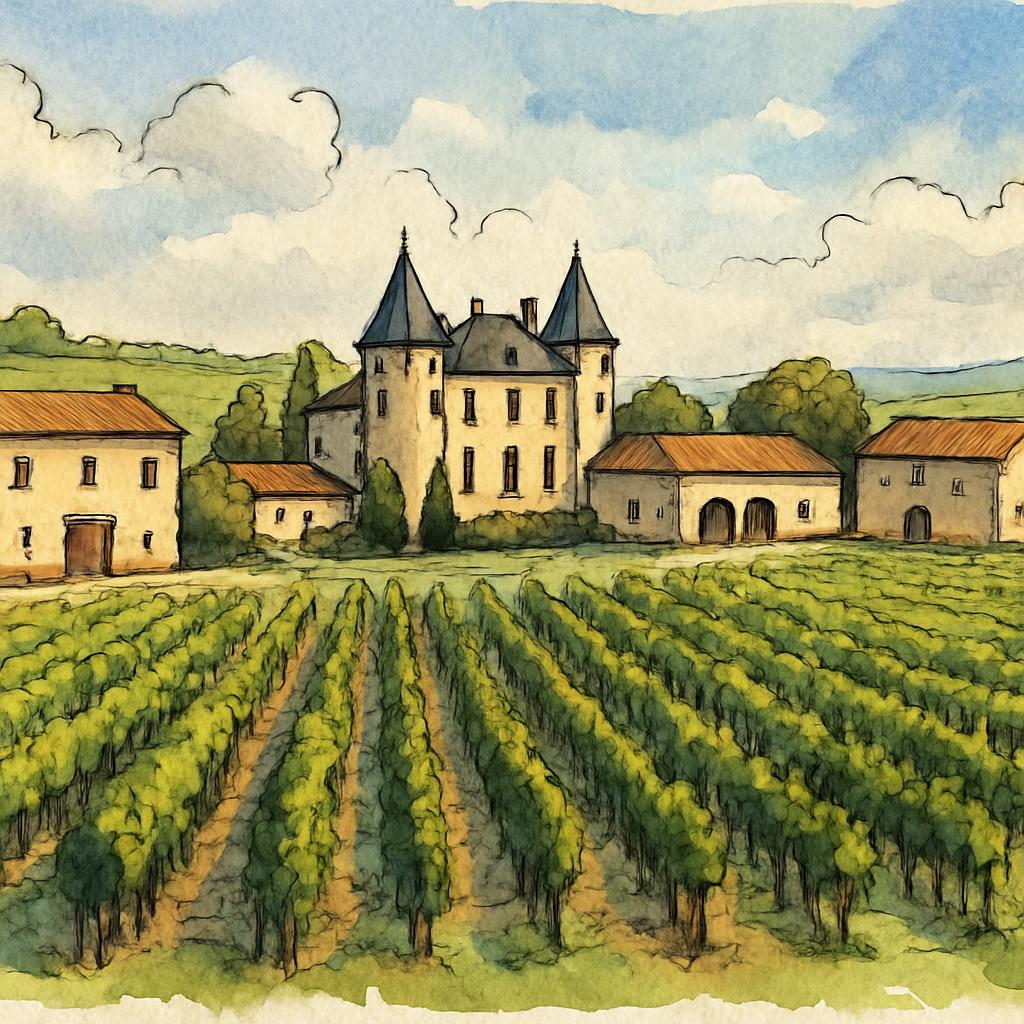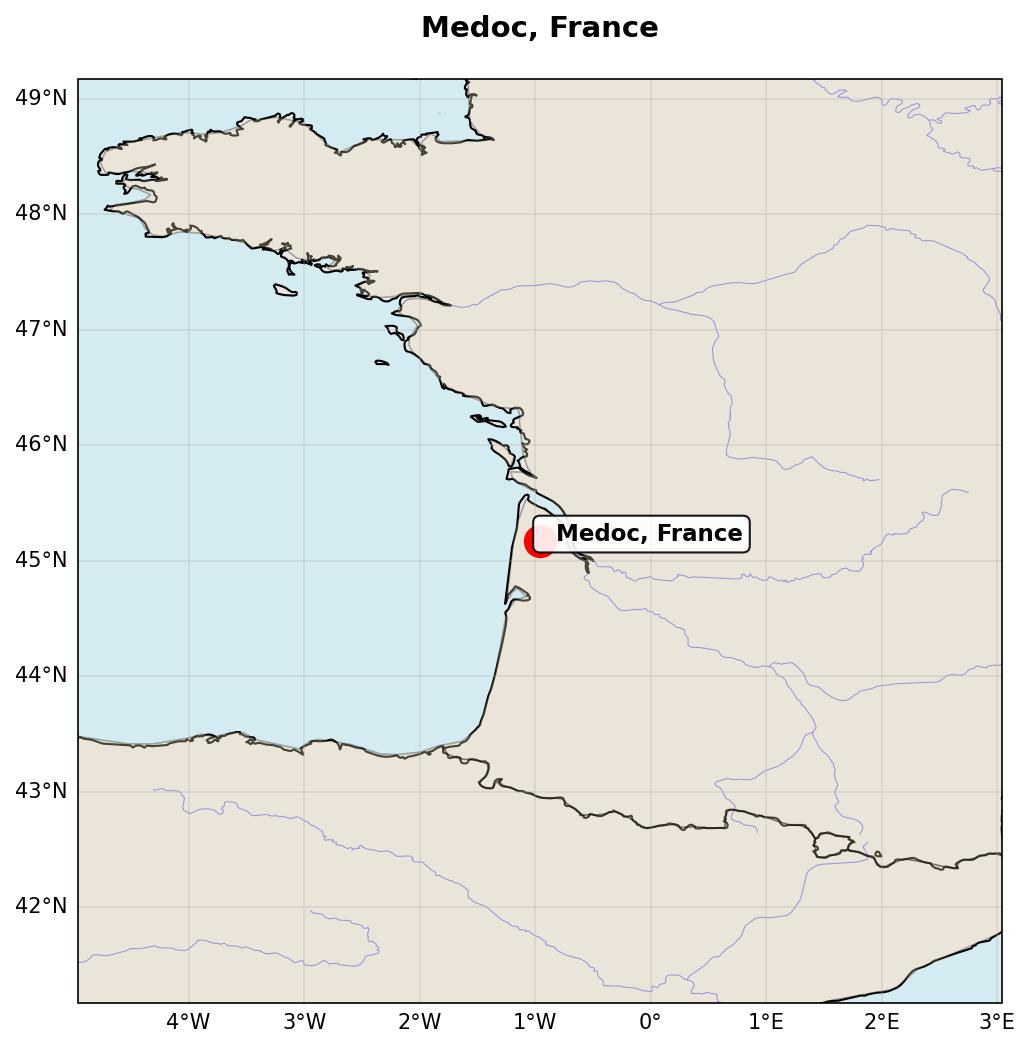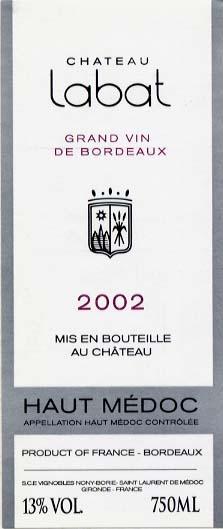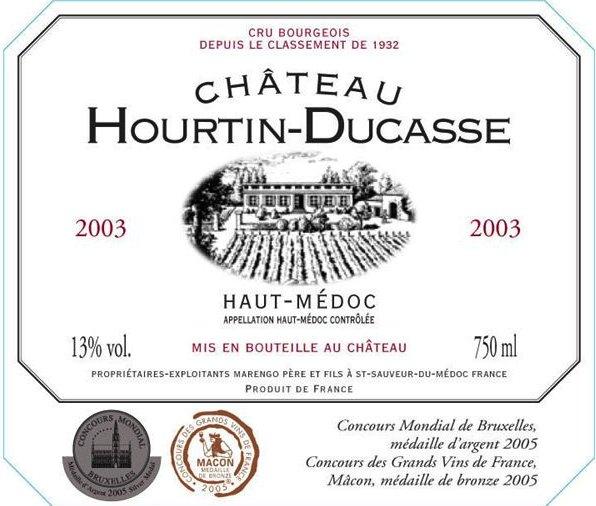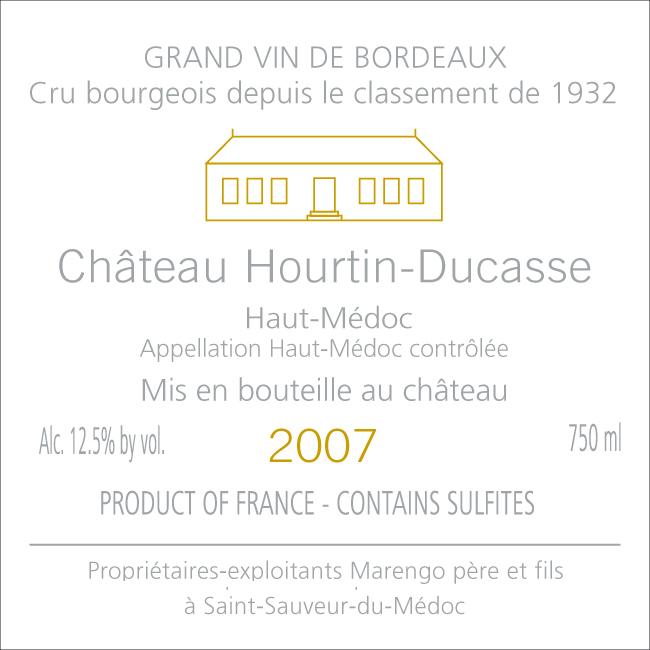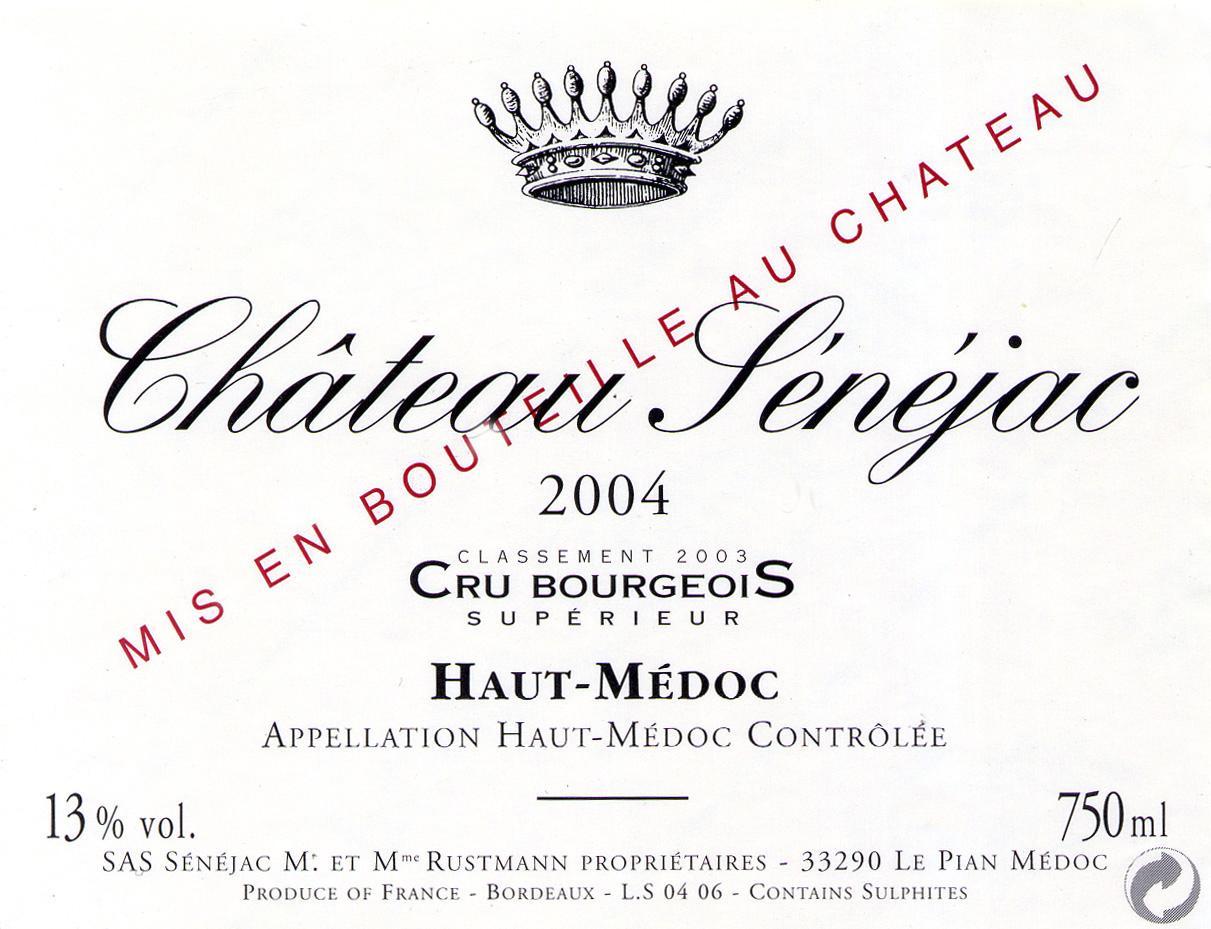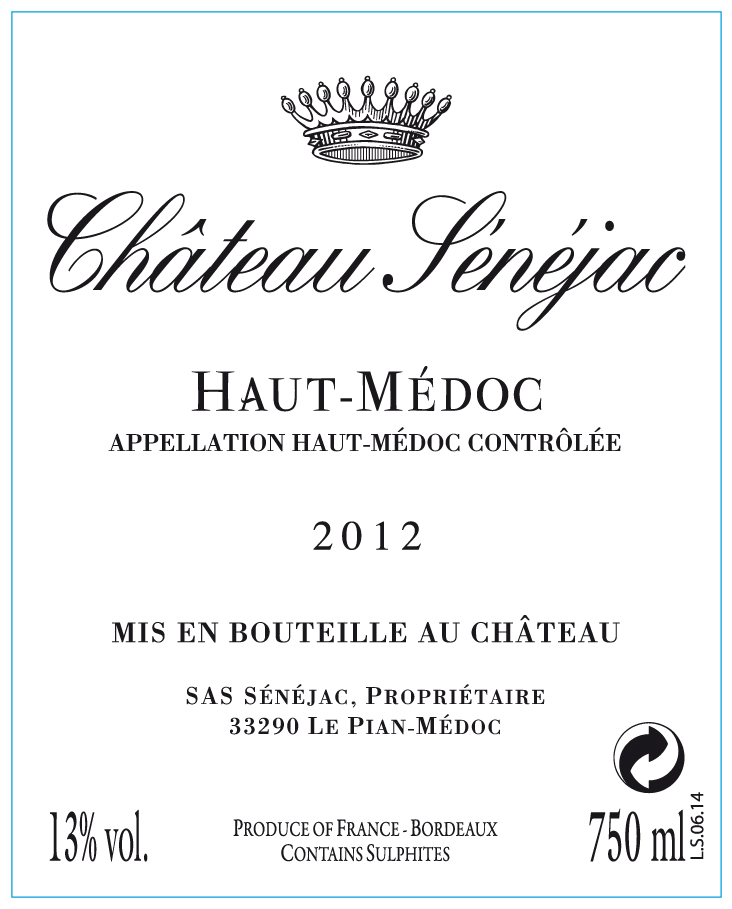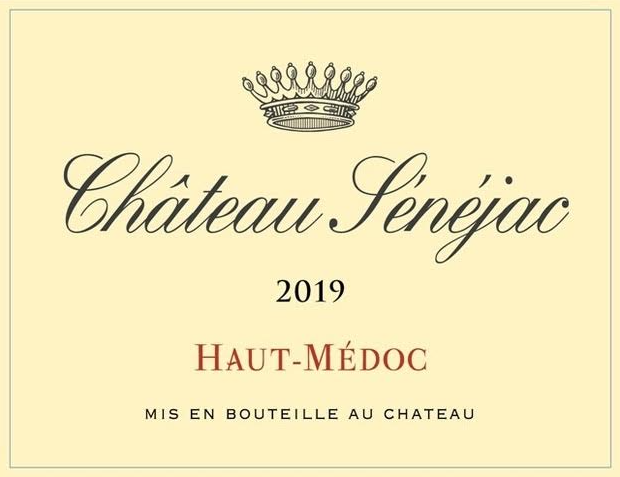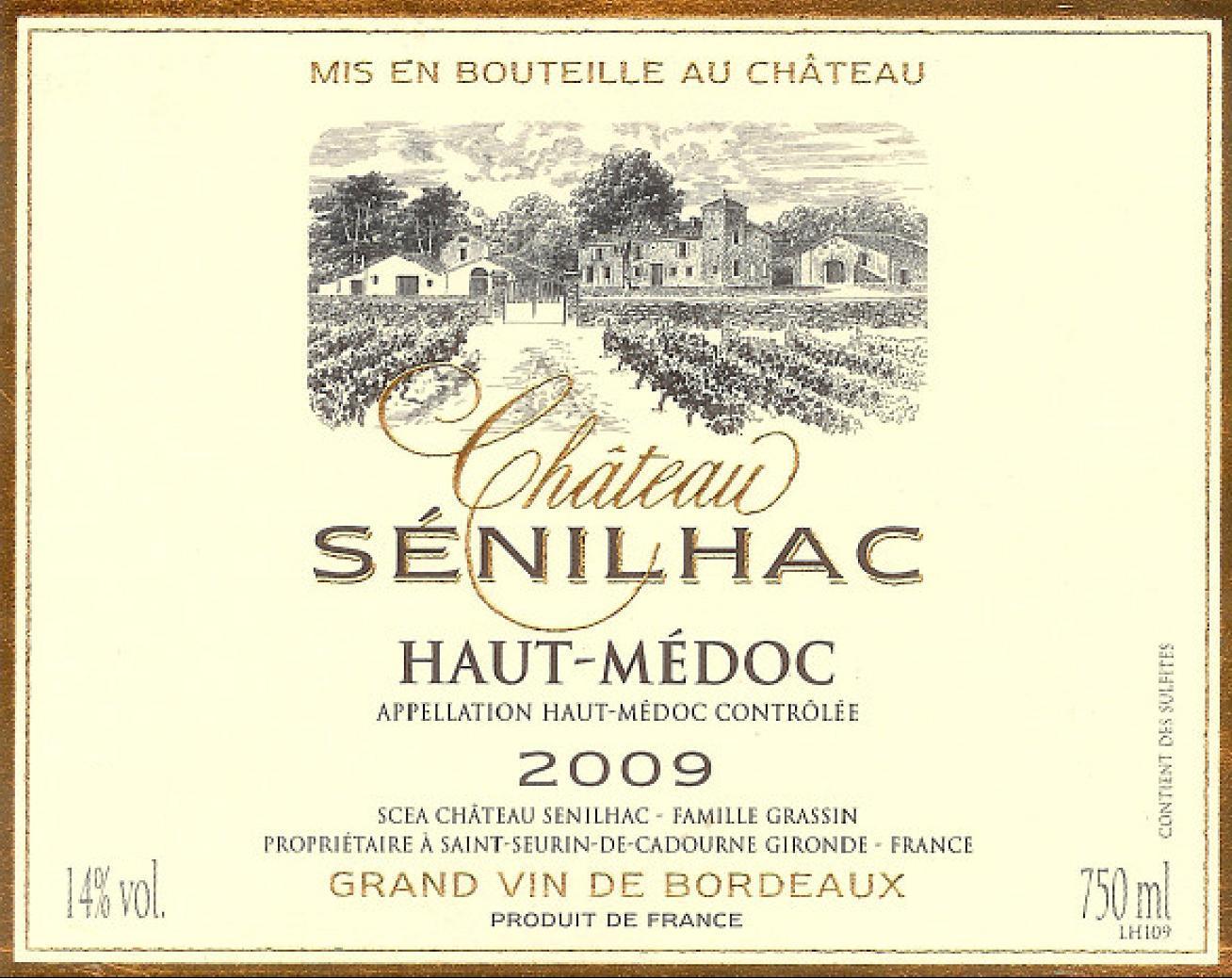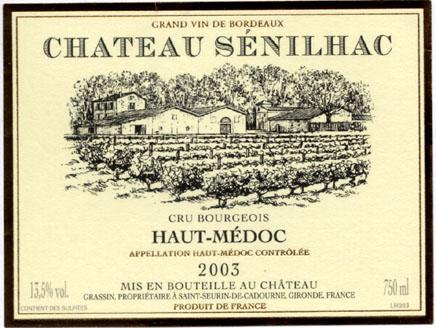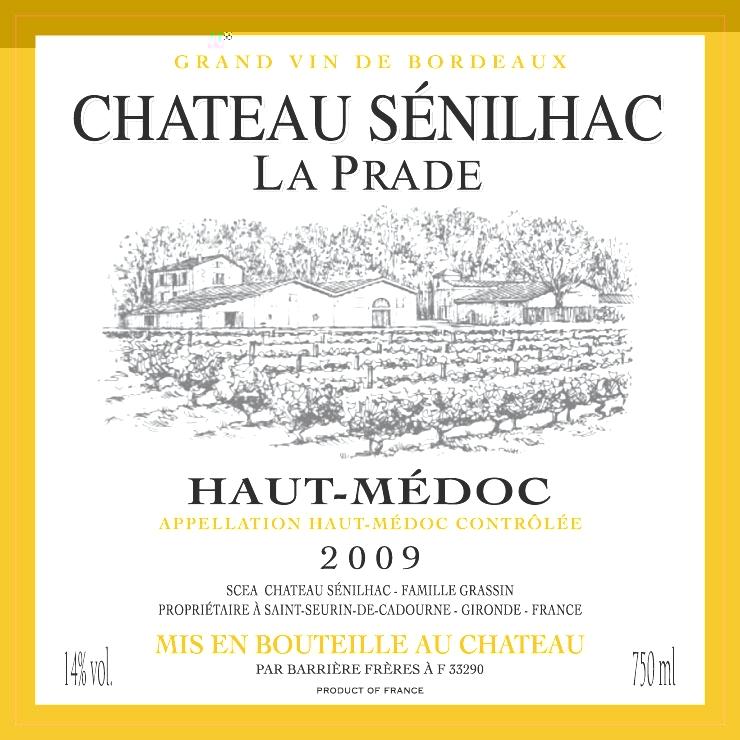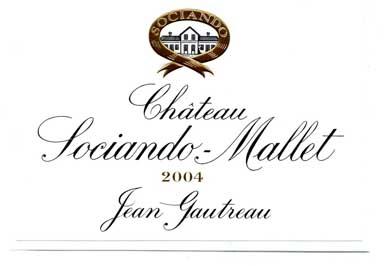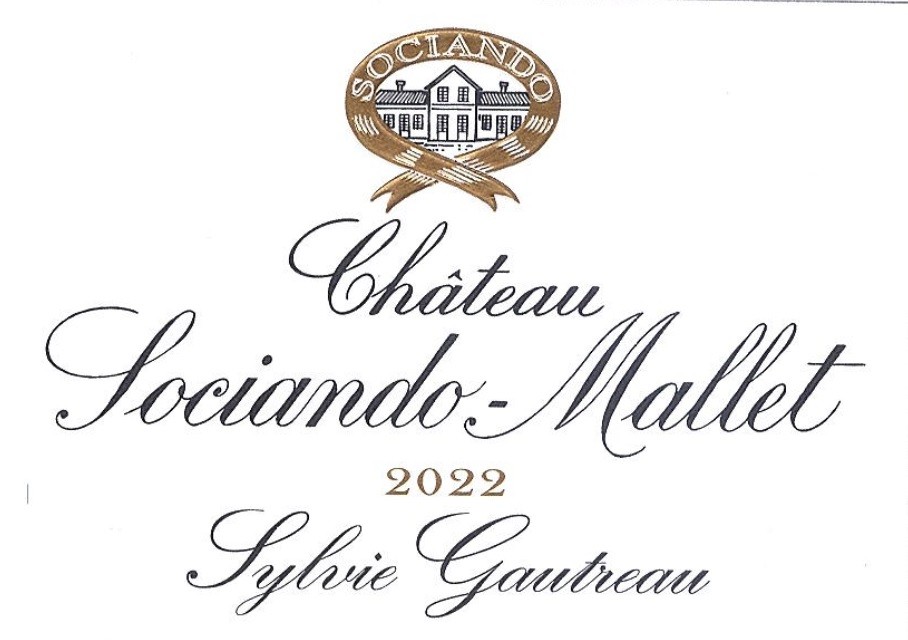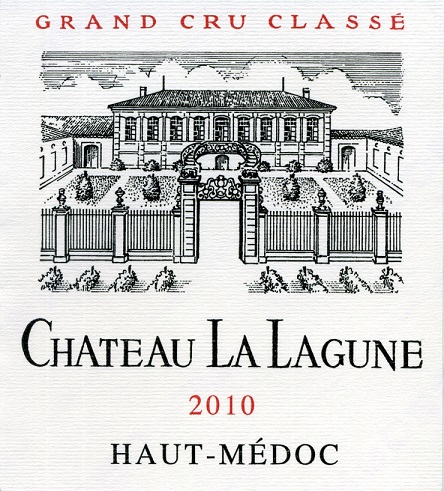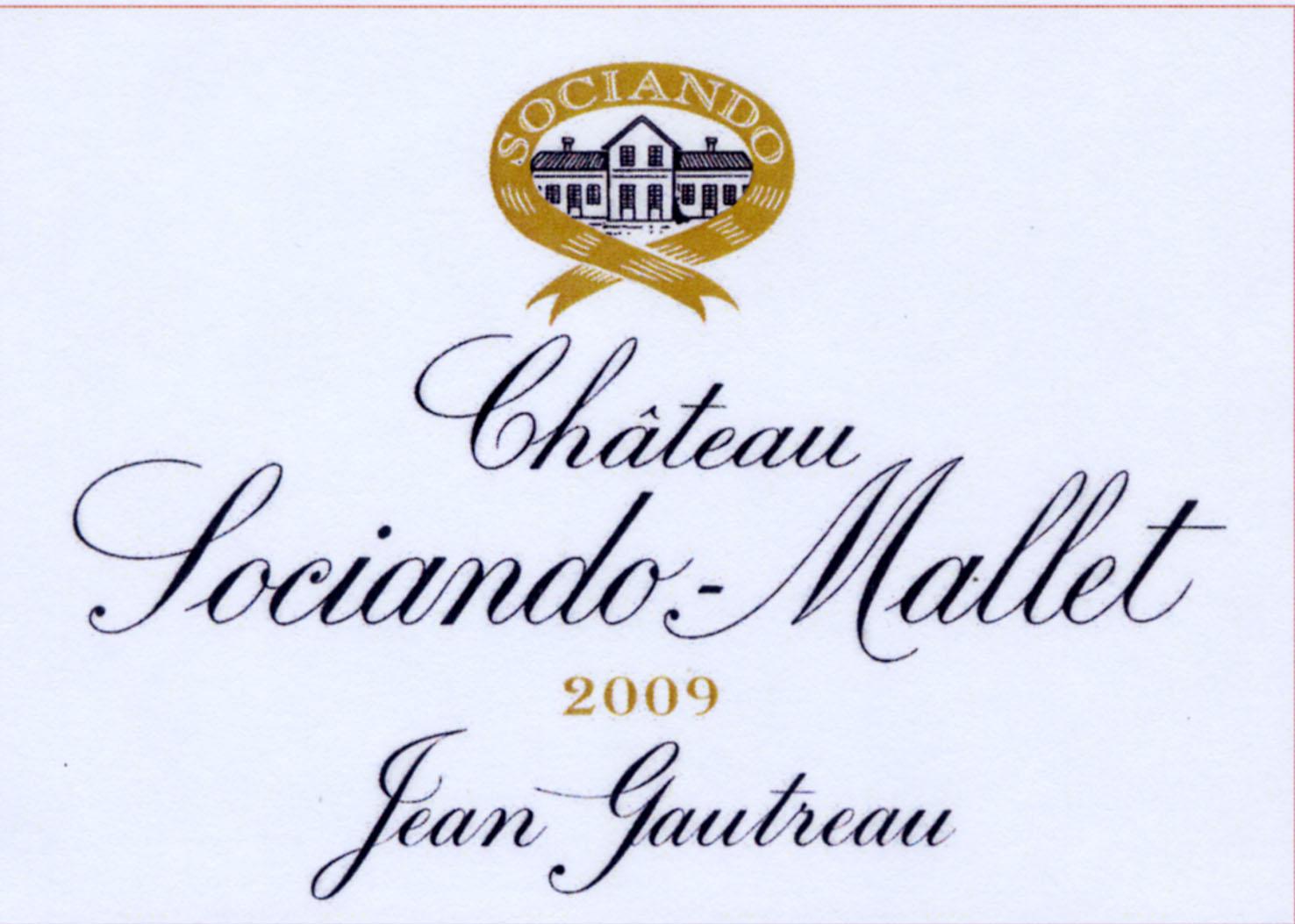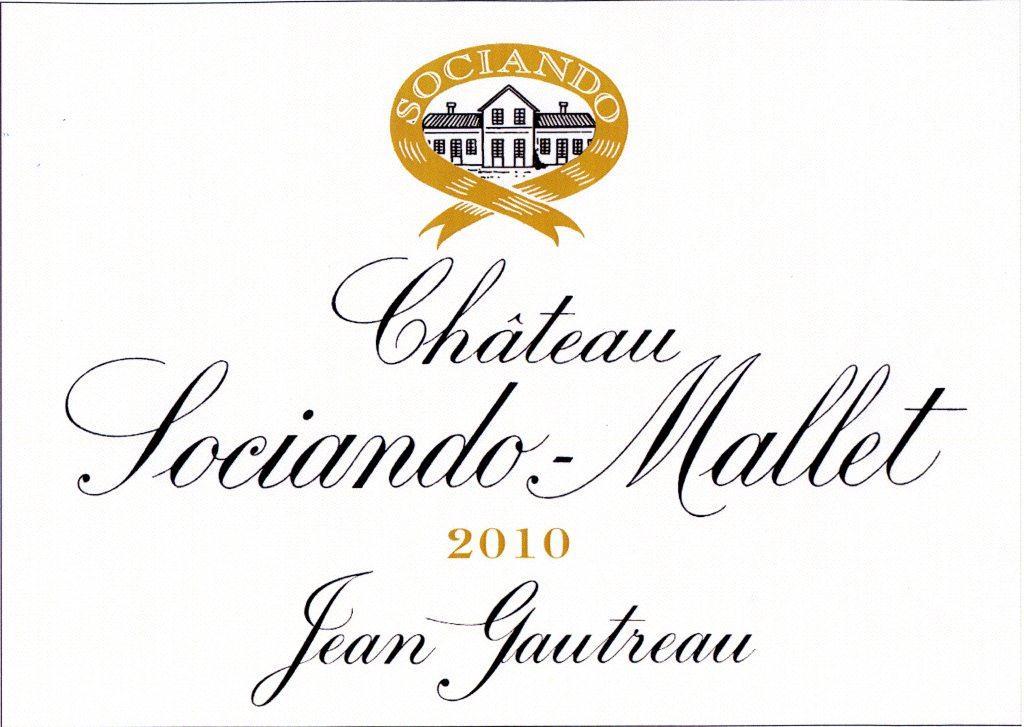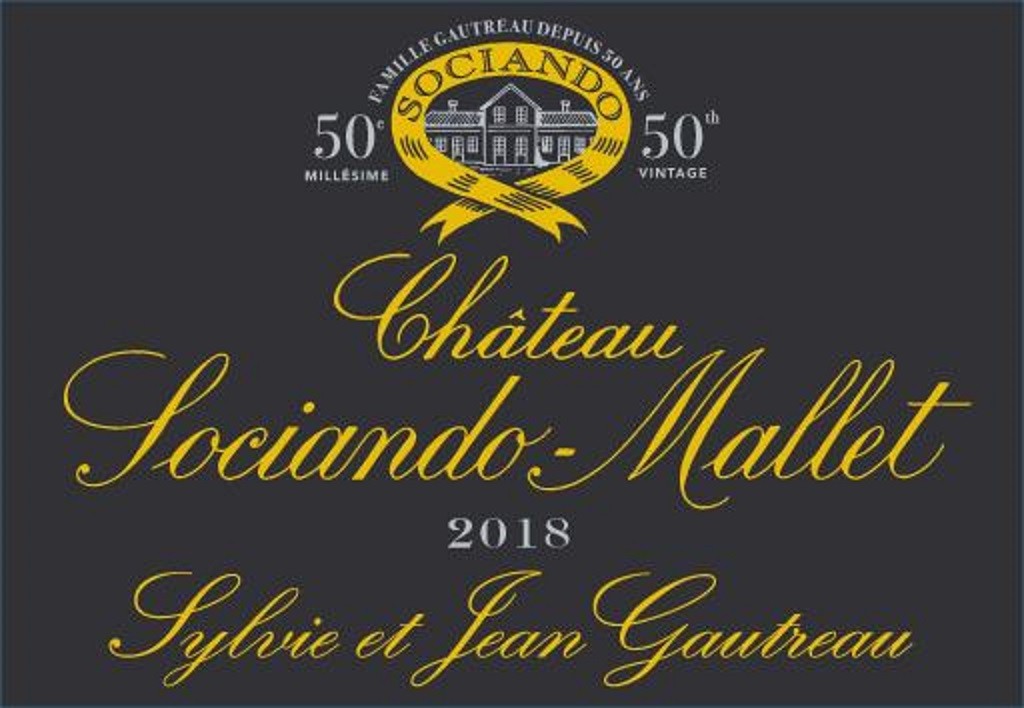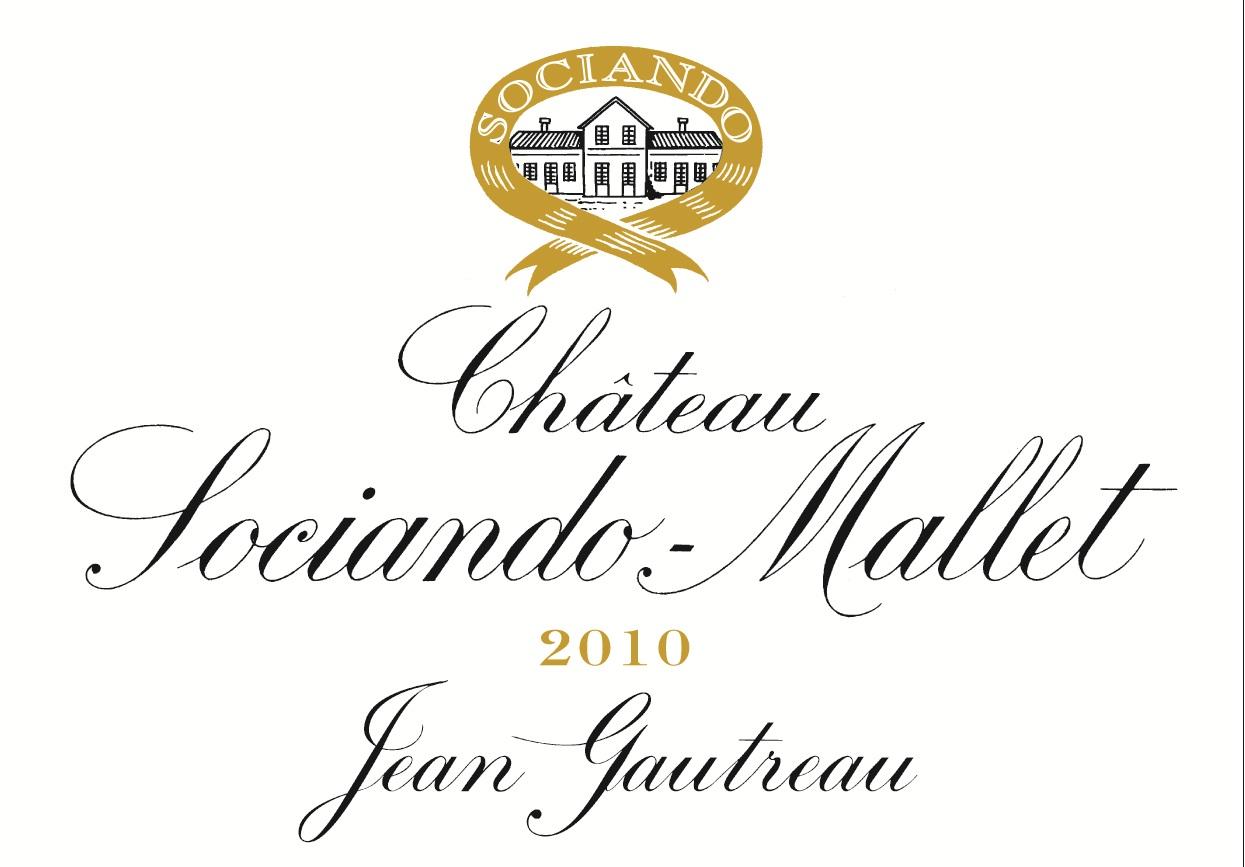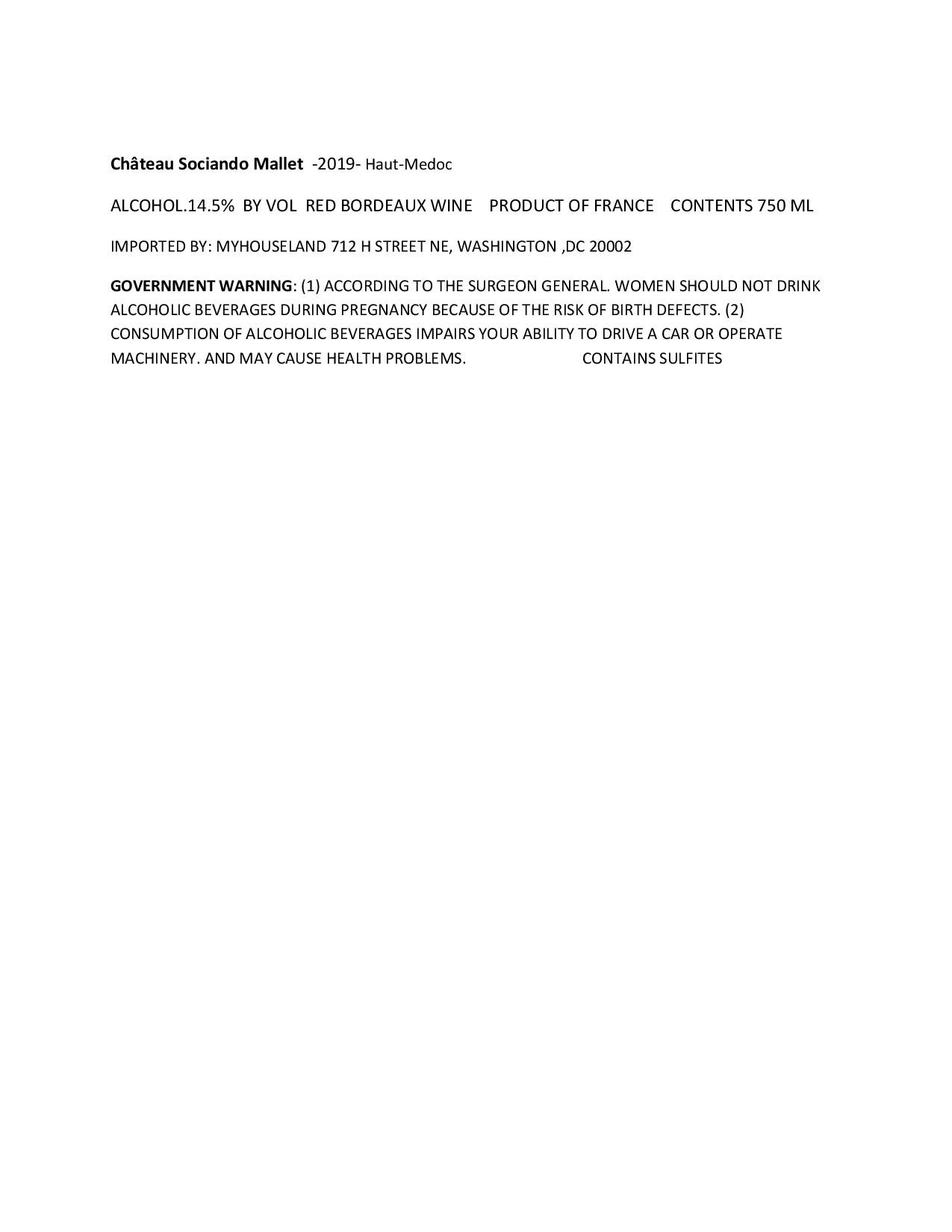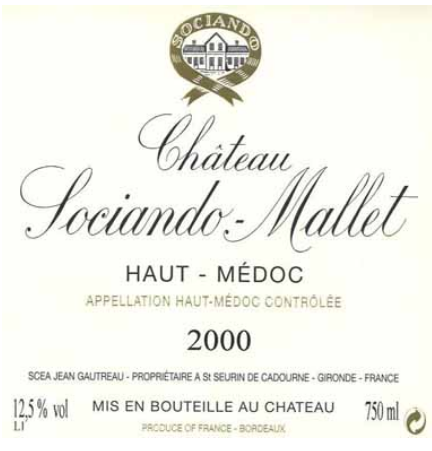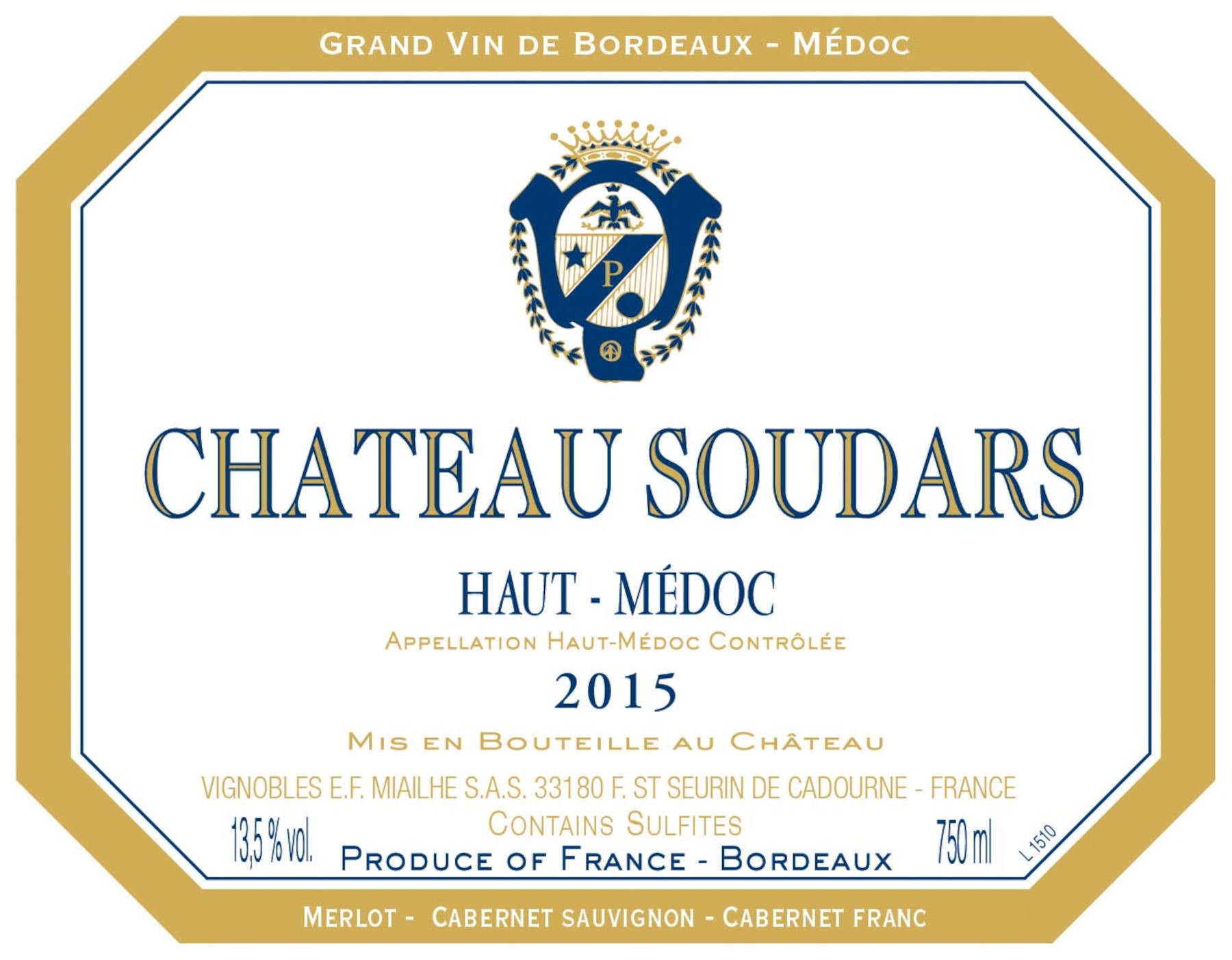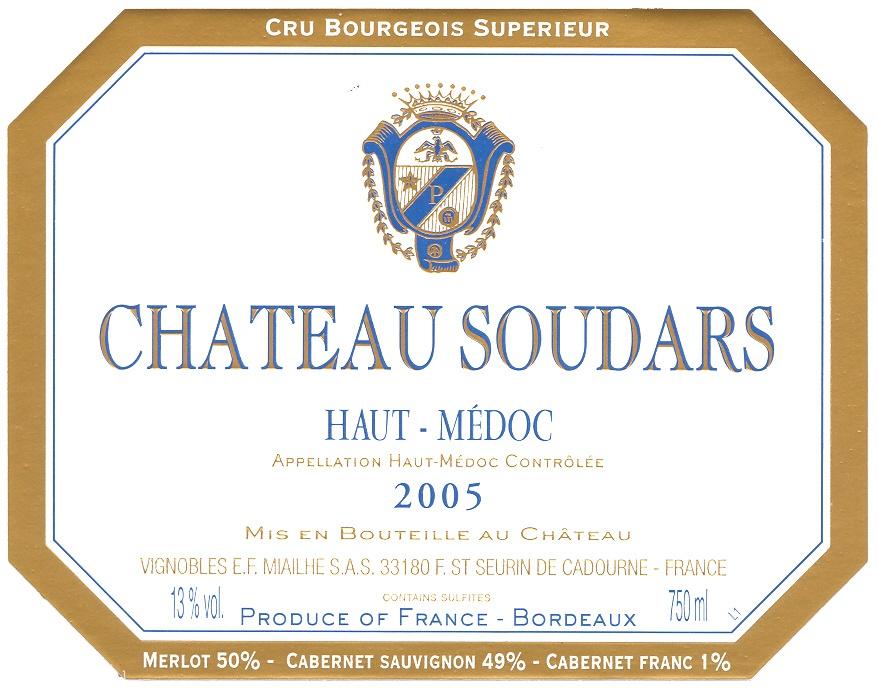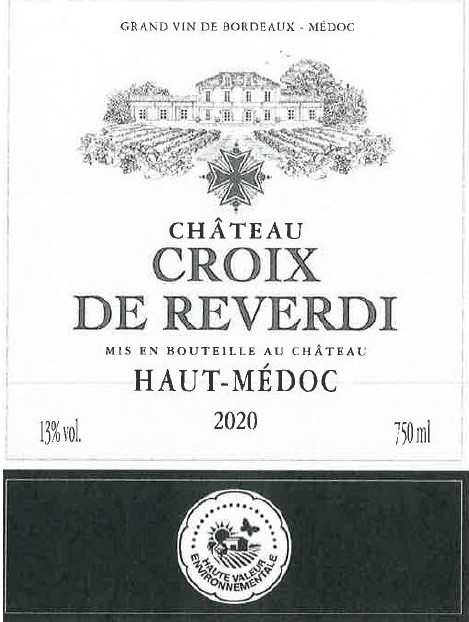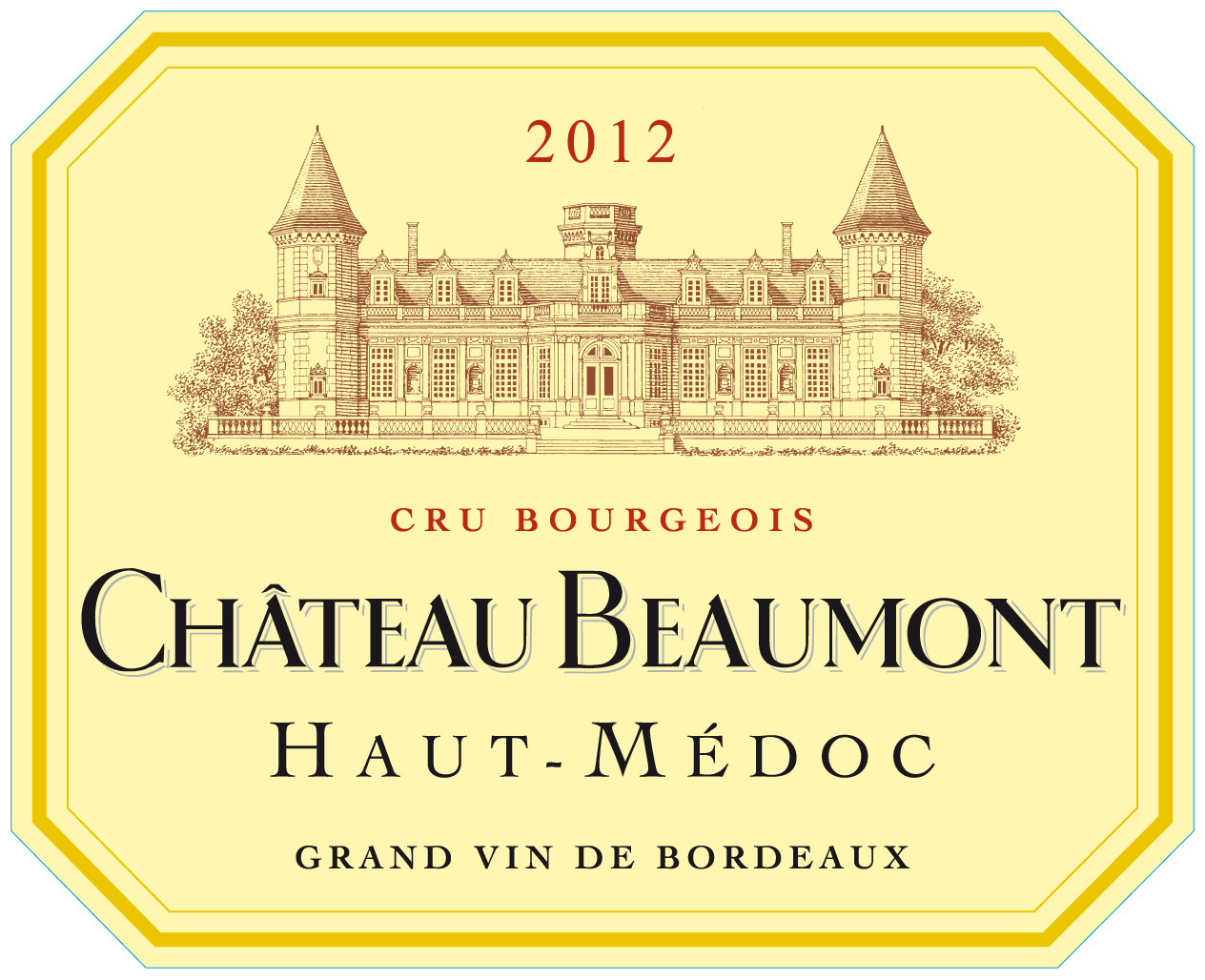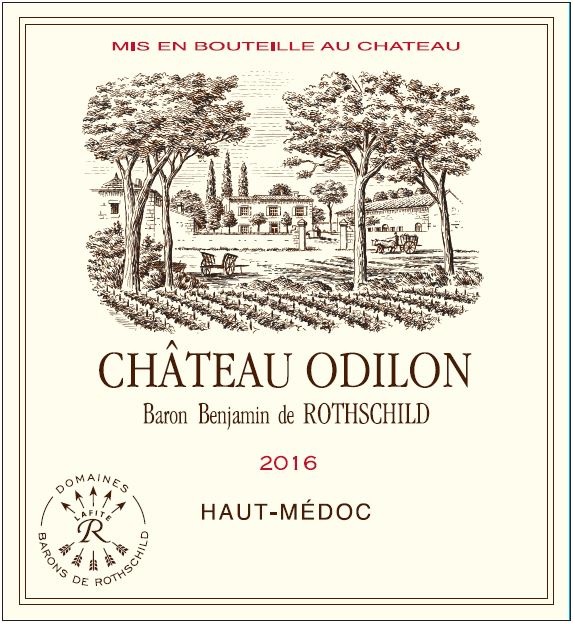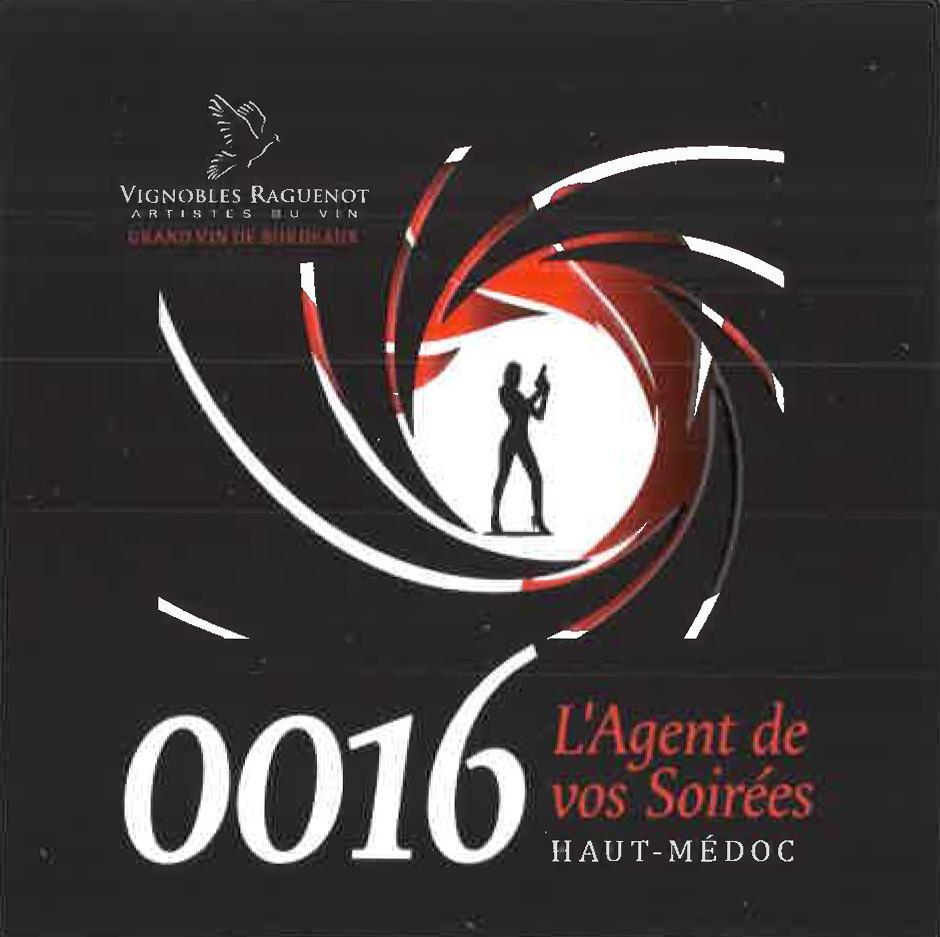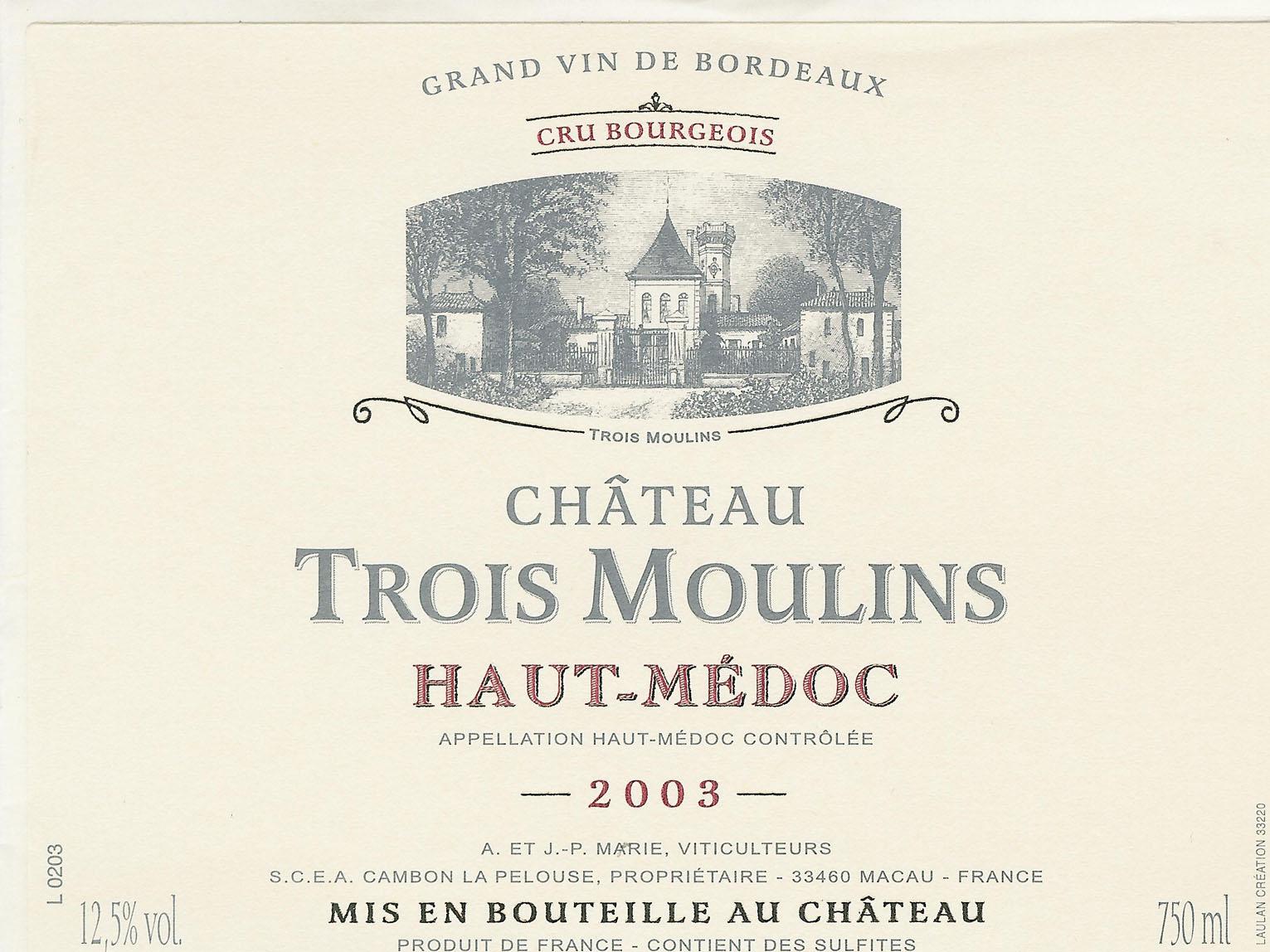Terroir of Médoc
Médoc's climate is shaped by its maritime location, offering mild winters and warm summers. The nearby Atlantic Ocean and the Gironde estuary help keep temperatures steady, reducing frost risk and allowing for a long ripening period. Annual rainfall ranges from 800 to 900 mm, well-spread throughout the year, though autumn showers can sometimes be problematic. Coastal breezes improve air circulation, lowering disease risk.
The region's terroir features gravel terraces with quartz pebbles over clay or limestone, perfect for Cabernet Sauvignon. These soils enhance the grape's flavors and tannins, creating robust wines. In areas like Saint-Estèphe, with more clay or clay-limestone, Merlot thrives, offering richness. Lighter, sandier soils in lower regions yield softer, fruitier wines. Médoc's varied soil composition results in distinct wines across its sub-regions, working in harmony with the maritime climate to produce its famous Bordeaux blends.
Notable Wineries in Médoc
Médoc is renowned for its prestigious châteaux, producing some of the world's most celebrated wines, particularly in the Pauillac and Margaux subregions. Here are key wineries that define the region:
-
Château Lafite Rothschild: Located in Pauillac, this 1er Grand Cru Classé is famed for its smooth tannins and elegant length.
-
Château Margaux: Known for its fragrant wines and rich texture, epitomizing elegance.
-
Château Latour: Also in Pauillac, it offers wines with robust tannins and exceptional longevity.
-
Château Mouton Rothschild: This luxurious Pauillac estate is noted for its artist-designed labels and solid Cabernet foundation.
-
Château Cos d’Estournel: A Saint-Estèphe icon famous for its exotic spice notes and full-bodied blends.
Sustainable Winemaking in Médoc
In Médoc, sustainability is a central theme, with many wineries committed to eco-friendly practices. These efforts are supported by regional initiatives, with numerous estates pursuing certifications like Terra Vitis and France's Haute Valeur Environnementale (HVE). Leading châteaux are increasingly adopting organic and biodynamic techniques, enhancing biodiversity with cover crops and reducing herbicide use through mechanical weeding.
Water conservation is prioritized, employing recycling and runoff management, while renewable energy investments are common. Eco-friendly packaging, such as lighter bottles and recycled materials, helps lower carbon footprints. Overall, Médoc's producers are dedicated to preserving the land and fostering a sustainable future, ensuring the region's wines remain celebrated for their quality and environmental responsibility.
Wine Tourism in Médoc
Médoc offers unique wine tourism opportunities, blending its rich history with scenic routes and cultural experiences. The Route des Châteaux allows exploration from Bordeaux's outskirts to the Gironde, accessible by car, bike, or bus, with wine tastings along the way.
-
Château Visits & Tastings: Discover a range of estates, from family-run wineries to prestigious Classified Growths, with tours and tastings available by appointment.
-
Events and Festivals: Participate in the Marathon du Médoc, featuring vineyard runs with wine and food tastings each September.
-
Outdoor Activities: Engage in cycling or hiking through picturesque terrains, with some estates offering e-bike rentals for an eco-friendly exploration.
-
Culinary & Wine Culture: Delight in local seafood and regional dishes complemented by Bordeaux wines at château hotels and fine dining establishments.
